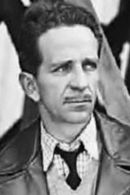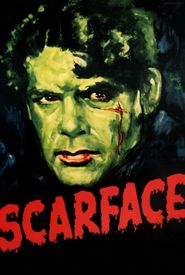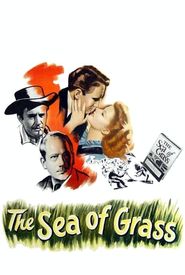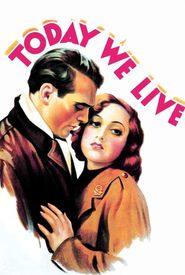Richard Rosson, a multifaceted figure in the world of cinema, was born on April 4, 1893, in New York, New York. His family's involvement in the film industry was extensive, with his older brother Arthur Rosson serving as a director, his younger sister Helene Rosson becoming a movie actress, and his younger brother Harold Rosson achieving prominence as a director of photography, who notably won the first Academy Award for color cinematography.
Richard Rosson began his acting career in motion pictures in 1911, using the pseudonym Dick Rosson for his debut in the John Bunny comedy Selecting His Heiress (1911). He continued to act until 1922, although he did make his directorial debut in 1917, co-helming Her Father's Keeper (1917) with his brother Arthur. Arthur directed Richard, the actor, in five films, including Cassidy (1917),A Case at Law (1917),Polly of the Storm Country (1920),For Those We Love (1921),and Always the Woman (1922).
Rosson's directorial career gained momentum with the release of Fine Manners (1926),a Gloria Swanson picture, under the banner of Famous Players-Lasky (Paramount). He went on to direct five films in 1927 and three in 1928, before his directorial career took a hiatus following The Very Idea (1929),his first sound picture. The advent of sound in the film industry led to the displacement of many silent film directors, including Rosson, who was likely vulnerable due to his relatively short experience as a director.
Rosson began his long-term association with Howard Hawks by co-directing Scarface (1932) and later worked as a second-unit director on four of Hawks' films. He also co-directed Today We Live (1933) with Hawks and directed the logging sequences in Hawks' Come and Get It (1936). The collaboration with Hawks lasted until the end of Rosson's career, with Hawks producing Rosson's final film, Corvette K-225 (1943). Throughout his career, Rosson and Hawks worked together on a total of eight films.
In addition to Polly of the Storm Country (1920),which starred Mildred Harris Chaplin, Rosson's wife and former spouse of Charlie Chaplin, he collaborated with his brother Harold on several films, including Panthea (1917),Too Hot to Handle (1938),and Flight Command (1940).
Sadly, Richard Rosson took his own life by carbon monoxide poisoning on May 31, 1953, at the age of 60, in Pacific Palisades, California. He was laid to rest at Hollywood Forever Cemetery.



























